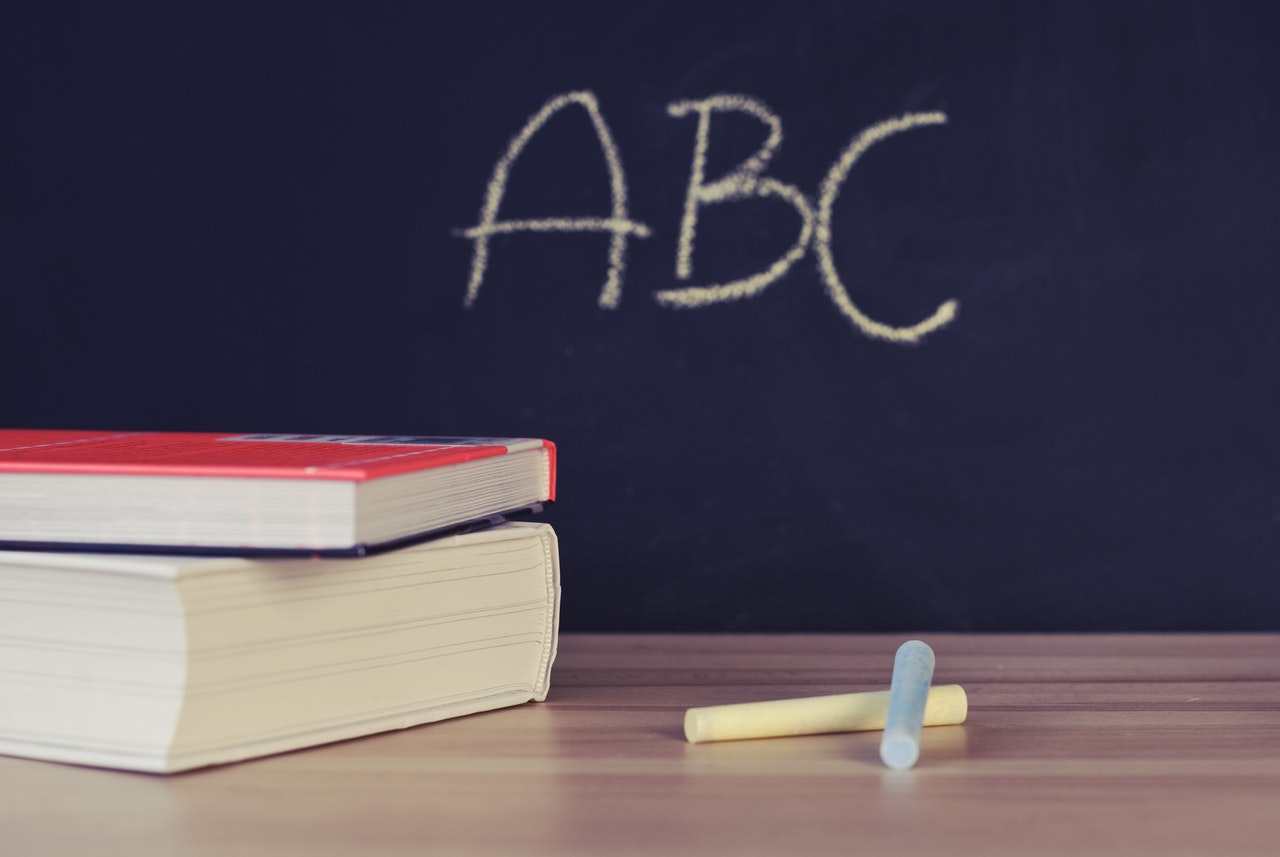The WCED has presented its R28.03 billion budget for the 2022/23 financial year and this is everything you need to know.
Provincial Education MEC Debbie Schäfer tabled the adjusted budget in the Western Cape Legislature on Wednesday 30 March. She says: “The budget tabled here today allocates R2.55 billion to infrastructure in the 2022/23 financial year, which is a significant increase on the previous R1.72 billion target spend for 2021/22. Over the MTEF, spending on this priority will amount to R7.04 billion. This will allow us to put projects that had to be suspended by budget cuts back on the table, like the establishment of a high school in Darling.”
The MEC did not shy away from the negative effects that the lockdown had on schools. “I have recently publicized, we were all disappointed, but not surprised, to discover the full extent of the learning losses that the children of our province have experienced owing to the pandemic,” says Schäfer. She added: ” The 2021 systemic tests revealed a substantial reversal of the gains we have made over many years. These losses were most evident in the Foundation Phase, where daily attendance is critical to ensure that concepts learned are reinforced over time. Redressing the learning losses is a crucial part of the Western Cape Recovery Plan, and it is vitally important that we ensure that the losses in these crucial years are addressed as urgently as possible.”
In summary, the WCED is going to focus on:
No-fee school schools
“I am pleased to announce that, because of our additional allocation, we shall be offering to 160 fee-paying schools catering for learners from disadvantaged communities, the opportunity to become no-fee schools from 1 January 2023, in recognition of their true socio-economic context. This shows the commitment of the Western Cape Government and WCED to our poorer communities,” says Schäfer
ECD
“Equitable Share funding of R289.9 million, and ECD Conditional Grant funding of R95.87 million, has been added to the WCED’s baseline in support of this function for the 2022/23 financial year,” says Schäfer.
Expanding skills
- Additional investment in the blended-learning priority of R170 million in the coming financial year.
- 1 290 schools are now connected to broadband and 249 schools have subsidy alternatives to broadband. 752 schools have Local Area Networks (LAN) installed, with a further 553 schools with partial access installed.
- 32 Schools participating in the Foundation Phase Coding and Robotics pilot project and 96 teachers are currently in training.
- The number of schools offering agricultural subjects has expanded significantly from just 3 in 2015 to 30 in 2022.
- Workshops have been completed at Charlie Hofmeyr Secondary, Groendal Secondary, and Skurweberg Secondary. The construction of further workshops is underway at Hexvallei High and Kraaifontein High.
- The E cubed program for Employability and Entrepreneurship Education. This program uses project-based learning to develop the kind of thinking and skills that learners will need to succeed in the economy. There are 12 schools in the first cohort this year, which will expand to approximately 300 schools by the third cohort in 2024.


